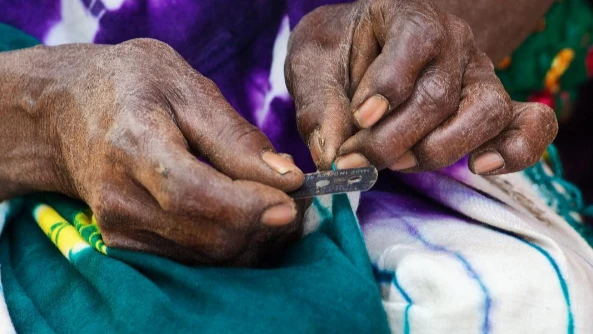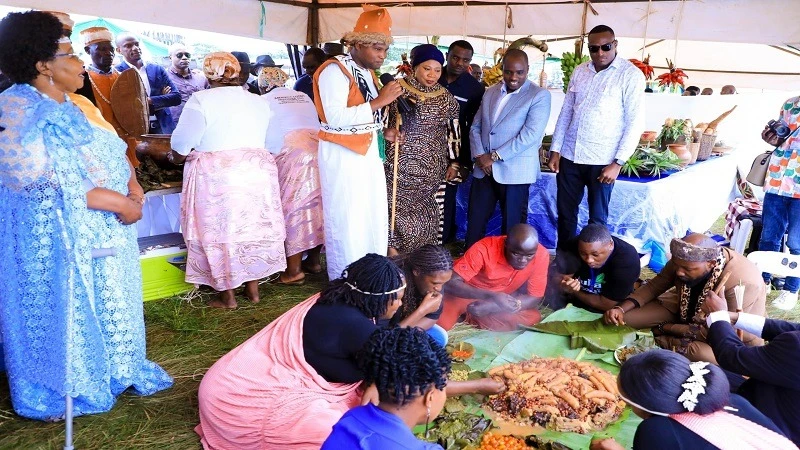Families use baptism ceremonies to circumcise young girls-official

SOME families within the pastoralist Maasai community in Longido District, Arusha Region reportedly use baptism ceremonies as a cover to circumcise young girls, evading detection and arrest.
This was highlighted yesterday during the launch of a new project aimed at raising awareness about female genital mutilation (FGM) and violence against women and children in Longido.
The project, which is implemented by Media Aid for Indigenous and Pastoralist Communities (MAIPAC) with funding from Cultural Survival, seeks to address the concern.
Speaking during the event, Rashid Hussein, Longido District Development Officer explained that following intense government crackdowns on FGM practitioners, families have come up with the new tactic.
“Many children under the age of two have been found to be victims of FGM in some villages in Longido District. We have already identified this issue and instructed local leaders to monitor and report any FGM activities occurring during baptism ceremonies,” he said.
He also noted that some local leaders have been resolving cases informally within villages, warning that those who ignore FGM practices will face repercussions.
Additionally, Hussein said that pregnant women were being denied food, which threatens their health and wellbeing.
Dr Mathew Majani, Longido District Chief Medical Officer, revealed that some women have been arriving at hospitals weakened due to being denied food, wrongly believed to aid in delivering babies with no-so big weight.
He said this has further restricted their diet, contributing to obstructed labour and posing risks to both mothers and babies.
“Pregnant women are often delayed to reach health facilities despite the government’s efforts to build facilities to ensure timely care,” he said.
He explained that FGM causes excessive bleeding and weakness during childbirth, leading to fatalities among mothers and babies.
Merikinoi Orkesyanye, an FGM survivor, shared her personal experience, saying that she developed fistula during the birth of her eighth child due to FGM.
“We have endured these hardships because of FGM. I am grateful for the help from our district health experts and others. I now understand the dangers and urge my fellow women and traditional elders to abandon FGM, as it poses serious risks to our health and that of our children,” she said.
Top Headlines
© 2024 IPPMEDIA.COM. ALL RIGHTS RESERVED






















